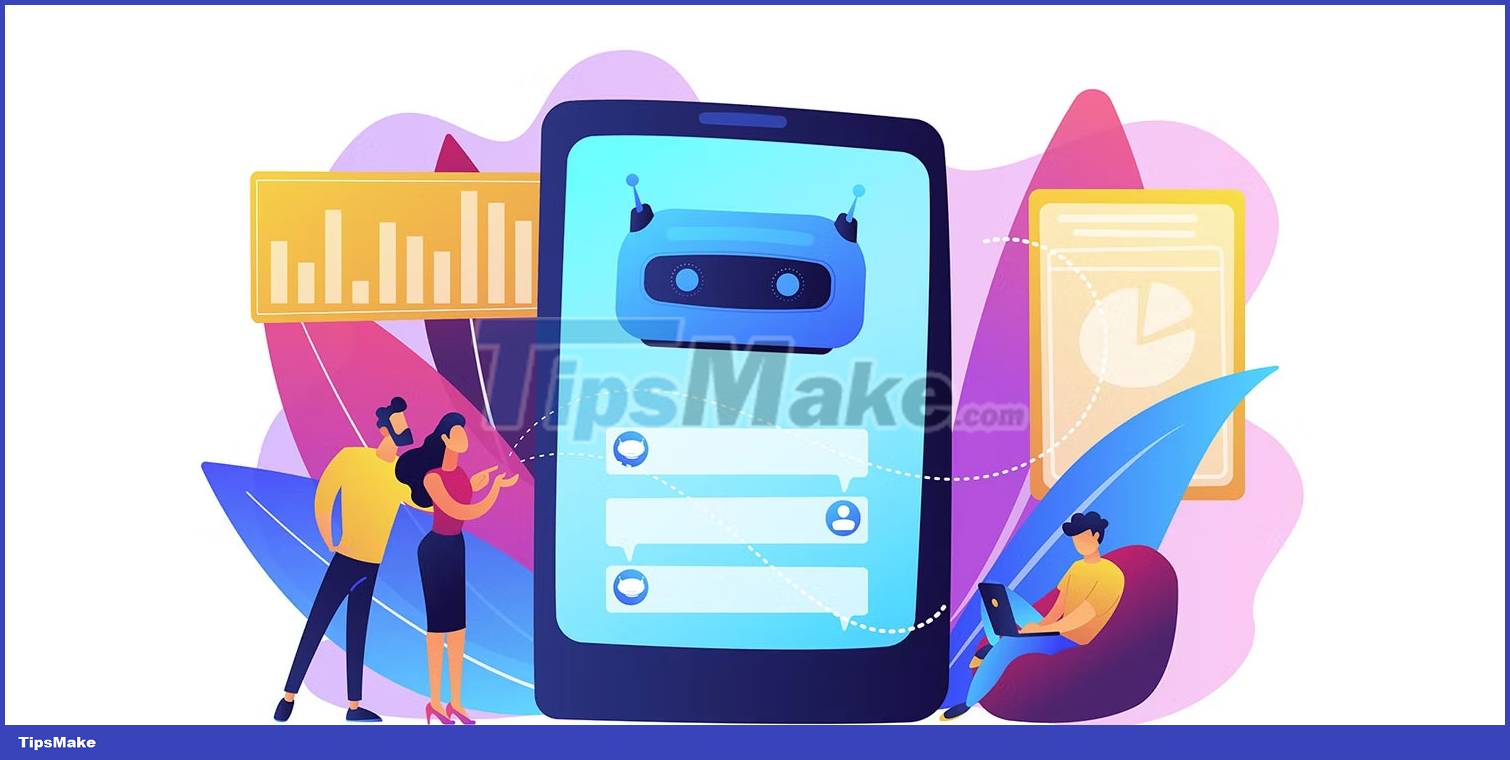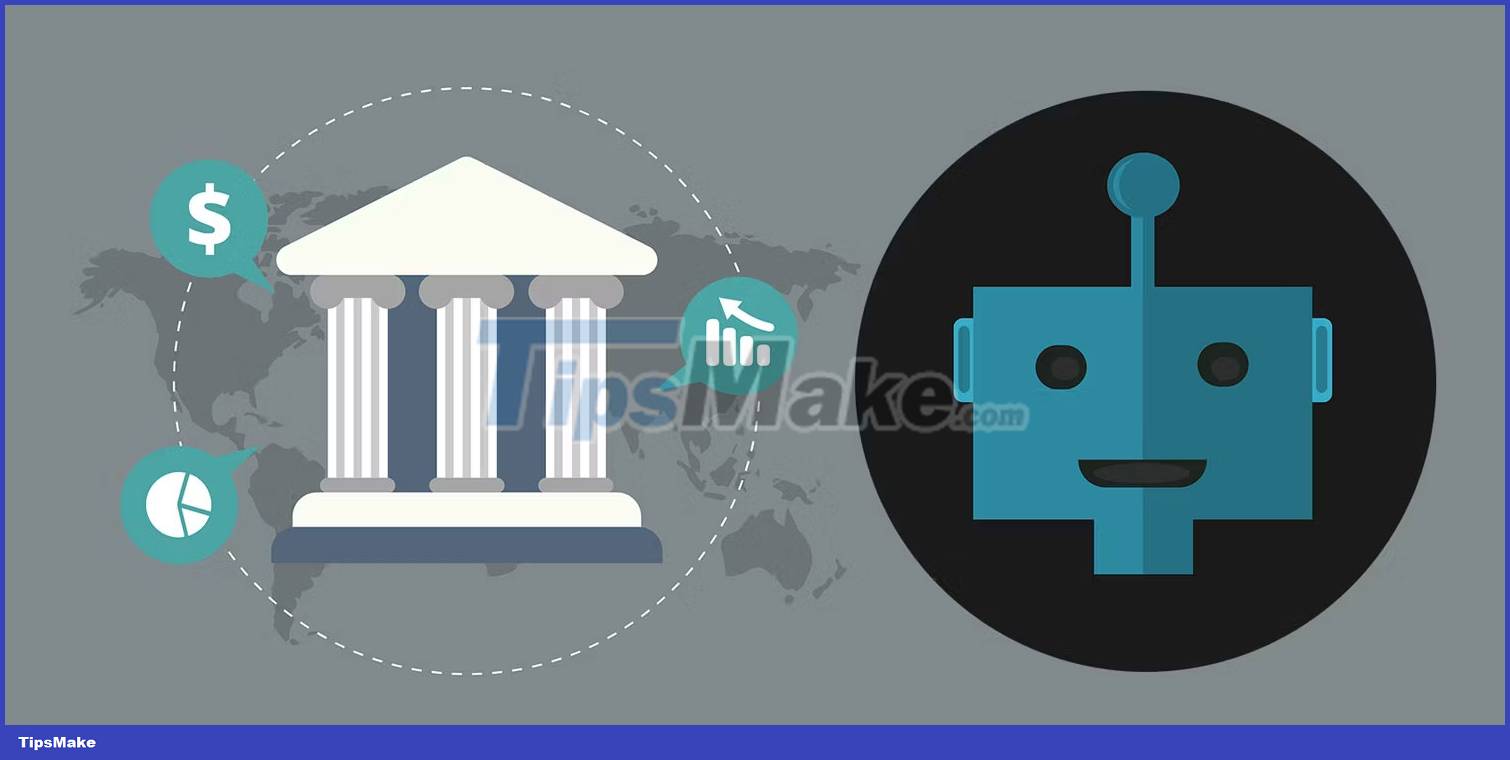7 practical applications of Machine Learning
Machine Learning, or ML, is a branch of artificial intelligence (AI) and has gained considerable attention thanks to the emergence of AI tools such as ChatGPT and DALL-E. Machine Learning allows computer systems to adapt and learn from experience, making it a widely recognized concept. Although its popularity has only increased recently, Machine Learning is already popular in many real-world situations.
If you're curious about its everyday applications, let's dive into some popular examples of Machine Learning in action.
1. Personal assistants and chatbots

One of the most practical applications of Machine Learning is seen in AI personal assistants and chatbots. Popular tools like Alexa, Google Assistant, and Siri rely on ML algorithms that use Natural Language Processing (NLP) and Deep Learning techniques to understand language patterns, intonation, and context. This allows them to engage in simulated conversations with humans.
The ability to understand human language greatly simplifies our interactions with computer systems. By providing commands or prompts to the chatbot or the AI personal assistant, it can correctly perform tasks or give appropriate answers.
An example of ML in action is using a chatbot in customer service. Many e-commerce stores use this feature, allowing customers to ask questions and get instant feedback from the bot.
2. Email auto reply
Another popular practical application of Machine Learning is the ML-powered email autoresponder. You may have noticed that when you receive an email in your Gmail account, it suggests the correct response options based on the context of the conversation. This capability is realized through ML and NLP techniques.
Similarly, the emails you receive immediately after signing up for a newsletter, making a purchase, or even abandoning a shopping cart are all automated. These emails are generated by software that uses such models, allowing them to be sent only when specific actions are triggered. In addition, this email autoresponder software ensures customization and personalization in emails.
Using automated software to reply to emails offers a number of benefits, including:
- Increase quality.
- Improve customer service.
- Personalized experience by learning your preferences.
- Cost savings because emails can be sent without human intervention.
3. Personal finance and banking

Machine Learning algorithms have also entered the banking and financial sector, providing valuable applications. One of the ways banks use AI and ML algorithms are advanced fraud detection techniques that provide strong security for your assets. ML models for banking fraud detection can distinguish between legitimate and illegal transactions by leveraging image and text recognition methods to learn patterns and identify activities fraud action.
Machine Learning is also beneficial in personal finance, especially in portfolio management. Online investment platforms, acting as advisory robots, use ML to help build, monitor, and automate the management of diversified portfolios. These platforms learn about your preferences for specific assets or risks and help build the right portfolio without human supervision.
In addition, Machine Learning enables market forecasting in the field of personal finance. The BL algorithm can predict stock prices and market trends by analyzing historical data. This insight helps you develop effective trading strategies and identify favorable trading opportunities.
4. Health care and medical diagnosis

Machine Learning has also emerged as an important tool in the healthcare industry, providing numerous benefits for medical diagnosis, patient care, and overall outcomes. It works with various healthcare technologies to improve health in many ways.
Here are 6 important applications of Machine Learning in healthcare:
- Machine Learning algorithms analyze patient data, including symptoms, medical records, test results, and imaging scans, to aid in accurate diagnosis and prognosis.
- By analyzing patient characteristics, genetic information, treatment history, and clinical data, Machine Learning develops personalized treatment plans tailored to each individual's needs.
- Machine Learning technology facilitates X-ray analysis, MRI scans and pathology slides, automatically detects abnormalities, identifies specific features, and assists radiologists in diagnosing diseases.
- ML models optimize potential active ingredient searches by enabling clinical trial optimization, patient finding, and identification of suitable candidates for specific treatments.
- Machine Learning optimizes healthcare operations by providing supply chain management, equipment failure prediction, and resource allocation optimization.
- Machine Learning technology enables predictive analytics, which works with connected wearables to monitor patients and provide early warnings.
These applications demonstrate the potential of Machine Learning in revolutionizing healthcare, improving diagnostic accuracy, treatment efficiency, and overall patient care.
5. Self-driving cars

Machine Learning plays an important role in the development of the modern automobile, Tesla being a prominent example. Tesla cars rely on AI hardware provided by NVIDIA, incorporating unsupervised ML models that enable self-learning object detection and recognition. But it's not just Tesla with self-driving features.
These vehicles collect comprehensive information about their surroundings and are equipped with various sensors such as cameras, LiDAR, radar and GPS. This data is then processed to ensure accurate perception and effective decision making. Self-driving cars use Simultaneous Localization and Mapping (SLAM) techniques, which leverage sensor data to create up-to-date maps that aid navigation.
ML models further contribute to self-driving cars by determining optimal paths and supporting real-time decision-making. These models also facilitate the development of adaptive systems capable of detecting and predicting potential problems in vehicles.
By integrating Machine Learning, cars are becoming smarter, more autonomous and capable of improving road safety and efficiency.
6. Travel and transportation

Machine Learning algorithms even raise our travel and transportation standards. Ride-hailing apps like Uber use ML models to automate features like ride pricing, pickup locations, optimal routes, and estimated arrival times, making our daily commutes easier become more convenient.
Google Maps is another valuable tool that leverages ML to improve our commute. The use of location data provides intelligent navigation, traffic predictions and personalized recommendations, ensuring efficient travel.
In aviation, ML algorithms enable autopilot systems on aircraft, including commercial flights. This integration of AI and ML ensures safe and reliable operation.
Furthermore, ML algorithms contribute to the development of intelligent traffic signal control systems. These systems analyze traffic flow data in real time and adjust signal times accordingly, reducing congestion and waiting times to improve the overall commute experience.
7. Social network

Machine Learning algorithms are also widely used in social networking sites, where they have introduced many features to enhance the user experience. Furthermore, many social media companies also use AI and ML to detect and prevent malicious attacks. Here are some examples:
- Many popular social networking platforms such as Facebook, Instagram, and Snapchat combine facial recognition features to apply different filters.
- Social networking sites use ML models to personalize posts based on individual user interests.
- The ads displayed on these platforms are tailored to the user's interests, recommending relevant products and services.
- The social network provides friend and connection recommendations based on the user's existing network.
- Emotion analysis techniques are used to analyze the sentiment conveyed by emoticons.
These applications of Machine Learning algorithms in social networking sites contribute to improved user experience by providing personalized content, tailored recommendations, and enhanced social connections.
You should read it
- ★ The difference between AI, machine learning and deep learning
- ★ 7 best websites to help kids learn about AI and Machine Learning
- ★ Google researchers for gaming AI to improve enhanced learning ability
- ★ The best Python tools for Machine Learning and Data Science
- ★ Free online learning about AI and Machine learning on Google website